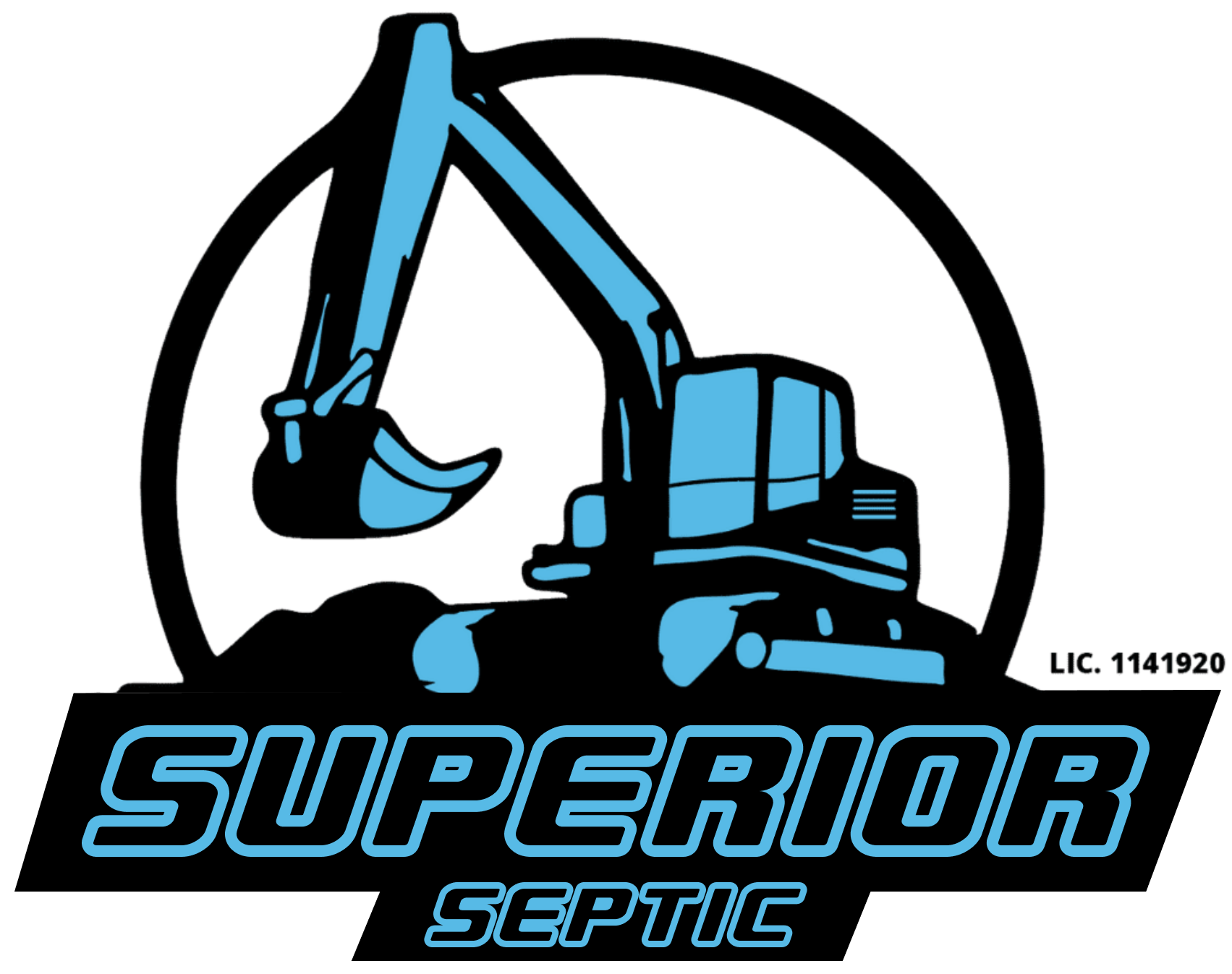Look for slow drains, gurgling sounds in your pipes, sewage odors, standing water near the drain field, or sewage backups in your home. These are clear indicators your system may need immediate attention.
Frequently Asked Questions
Learn more about what we provide with our FAQ’s
Can a septic system be repaired, or will I need a full replacement?
Many septic problems—such as broken pipes, clogged lines, or minor tank damage—can be repaired without replacing the whole system. Full replacement is usually only needed if the system is severely damaged or has reached the end of its lifespan.
How long do septic system repairs take?
Most repairs can be completed within a day. Larger issues, like drain field or tank repairs, may take a few days depending on the scope of work.
How can I prevent future septic system problems?
Regular pumping (every 2–3 years), conserving water, avoiding flushing wipes or grease, and scheduling routine inspections are the best ways to prevent costly repairs.
How often should I have my septic system inspected?
Regular septic pumping, avoiding harsh chemicals, conserving water, and keeping vehicles off your drain field all help protect your leech lines and ensure they last as long as possible.
How often should a septic tank be pumped?
Every system is different, but most need pumping every 3–5 years. Usage, household size, and tank capacity all play a role. Our team will help you determine the right schedule so your system stays healthy and problem-free.
What are the warning signs of septic trouble?
Slow drains, gurgling toilets, foul odors, or soggy patches in your yard often signal a problem. Catching these early prevents costly repairs. If you notice any of these signs, call us right away.
Do you provide both installations and repairs?
Yes. From new septic tank installations, leech line and pit systems, to emergency repairs and system upgrades, Superior Septic handles it all under one roof.
What areas do you service?
We proudly serve all of San Diego County and surrounding communities. If you’re unsure whether we cover your property, give us a call. Chances are, we do.
How do I know if I need new leech lines?
Common signs include standing water, slow drains, foul odors, or sewage backing up into your home.
Can leech lines be repaired, or do they need full replacement?
Minor clogs or damage can sometimes be repaired, but many issues require full replacement for lasting results. Our team can evaluate and recommend the best option.
How long do leech lines last?
With proper installation and regular maintenance, leech lines typically last 15–25 years.
Do you also install full septic systems?
Yes. From septic tanks to leech lines, we handle all aspects of installation and repair.
How can I extend the life of my new leech lines?
Regular septic pumping, avoiding harsh chemicals, conserving water, and keeping vehicles off your drain field all help protect your leach lines and ensure they last as long as possible.
What is a Norweco septic system?
Norweco systems are advanced wastewater treatment units designed to provide a higher level of purification than traditional septic tanks. They’re ideal for properties that require environmentally friendly and code-compliant solutions.
Why choose a Certified Norweco System over a standard septic tank?
These systems treat wastewater more efficiently, reduce environmental impact, and often meet stricter local regulations where standard septic tanks aren’t permitted.
Do I need special permits for a Norweco system installation?
Yes, but as a certified installer, we handle all permits, paperwork, and required inspections to ensure your system is fully compliant.
How long does it take to install a Norweco system?
Installation usually takes 2–4 days depending on site conditions, tank size, and permitting.
How often does a Norweco system need maintenance?
Regular maintenance is required to keep the system performing properly. We provide scheduled service plans to ensure your system runs efficiently year-round.
When is a pit system recommended?
Pit systems are ideal for small lots, shallow soil, rocky ground, or properties where traditional leach lines aren’t possible.
How long does a pit installation take?
Most installations can be completed within a few days, depending on property conditions and permitting.
Are pit systems safe for the environment?
Yes—when designed and installed properly, pit systems safely disperse wastewater into the soil.
Do you handle both installation and repair of pit systems?
Yes. From new installations to repairs and upgrades, Superior Septic provides complete pit system services.
What maintenance does a pit system require?
Regular septic pumping, avoiding excessive water use, and keeping heavy equipment off the system area are the best ways to maintain a pit system. Routine inspections ensure it continues working efficiently and safely.
